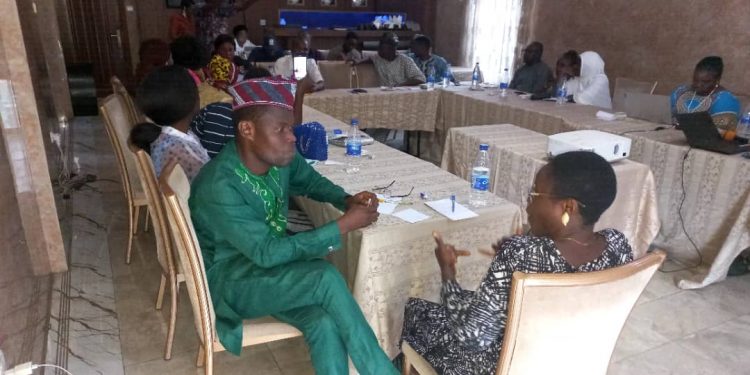Civil Society Organizations and education stakeholders have implored the Lagos State government to make quality, inclusive, and equitable education a reality in Lagos State by breaking all forms of barriers.
This call was made at a recent stakeholders’ reflection meeting on funding for girls and children with disabilities in Lagos state, organized by a Non-Governmental Organization, Human Development Initiative (HDI), under its ‘Breaking the Barriers’ Project.
A representative of the Nigerian Union of Teachers in Education District two, Comrade Agbeniga Adebayo, called on the Ministry of Education to ensure the inclusion of ramps during the construction of schools in the state. “Although the building of ramp is not the only determinant of inclusion and access, there is a need to start from somewhere. There should be no school building without a ramp” he said.
Comrade Agbeniga reiterated that this is in consideration of people with disability as it will encourage inclusive learning in the same classroom with other children without disabilities.
Also, one of the Stakeholders, Mr Orelaja Ademola, a principal from Ogunmodede Senior Grammar School in Epe, Lagos, tasks the government on the importance of ensuring the availability of toilets in schools most especially because of the girl-child.
He pleaded with Governor Babajide Sanwo-Olu to look more into creating a conducive and inclusive learning environment for all pupils. “It is not just about bringing them (people with disability) to the classroom but learning in the same atmosphere with other children, and getting them involved in the services that other children enjoy” he implored.
In his address, Mr. Samuel Ajayi, HDI Programmes Officer, mentioned that the meeting was necessitated by the need to discuss the sustainability of the project especially as the funding winds up.
Ajayi enjoined CSOs to get involved during consultative meetings on education so as to have information about the budgetary allocation for education and the percentage allocated.
“Government can do at least 15%. The highest budgetary allocation to education is 13% which is 2% lower than the 15% global recommendation and it is still on the lower bandit,” he mentioned.

